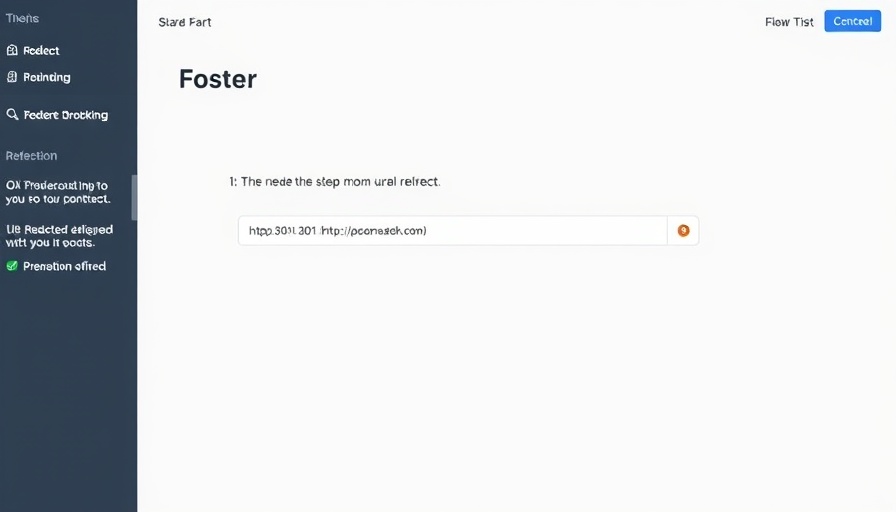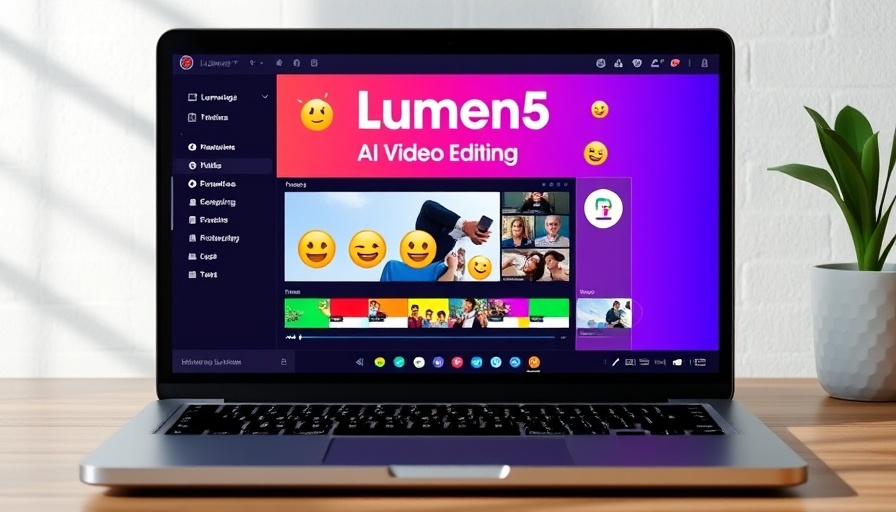
Understanding the Emotional Economy in Luxury Vehicles
The luxury vehicle market is entering an unprecedented phase of evolution where emotional connections redefine consumer choices. As reported, the market is projected to expand significantly, from $623.9 billion in 2024 to an impressive $920.17 billion by 2029. In an era where performance specs are nearly uniform across brands, the quest for a unique consumer experience has taken precedence.
The Role of Storytelling in High-End Auto Marketing
Abdulbasyr Makhtibekov, a marketing strategist at Papin Garage, has optimized this intersection of emotion and identity. His approach transforms high-performance machines into narratives that resonate deeply with consumers. Rather than simply promoting a vehicle's horsepower or heritage, Abdulbasyr emphasizes the emotional depth of car ownership through storytelling. Bouyed by principles from behavioral psychology, he displays a keen understanding of how emotional triggers influence purchasing decisions.
Creating Conversations with Custom Designs
One exceptional case that exemplifies this narrative-driven strategy is the McLaren Alice in Wonderland project. This was more than just a customization; it was an opportunity to create a full-blown storytelling experience on wheels. Each design element, from its whimsical external panels to an interior that mirrored the fantasy world, invited prospects to engage on a deeper level. The goal? To evolve from viewing a car as a mere tool to perceiving it as a portal into another realm.
A Shift in Client Engagement and Brand Development
Abdulbasyr Makhtibekov undertook a meticulous brand audit for Papin Garage, which revealed stagnant engagement metrics. After he initiated a comprehensive strategy over several months, the outcomes were striking. Social media engagement rose from a meager 2-3% to around 5%, and monthly inbound requests doubled—a testament to the effectiveness of narrative-driven marketing.
Future Trends in Luxury Auto Marketing
As the landscape continues to shift towards emotional marketing's finesse, businesses must adapt to keep pace. High-end brands, like Papin Garage, are now recognizing that the emotional profile of their target market is more crucial than the technical specifications of their products. Future trends call for deeper integration of community and identity into branding strategies, as consumers become increasingly eager to share experiences that reflect personal values.
Final Thoughts: The Importance of Emotional Engagement
As a business owner in the luxury sector, understanding and leveraging emotional narratives is no longer optional; it is essential. The example set by Abdulbasyr Makhtibekov illustrates a vital shift. When a brand speaks to the heart of its customers, it not only carves a niche in a competitive market but creates lasting relationships that ensure loyalty and advocacy. This method could be an invaluable asset for those looking to grow their brands in today’s emotionally-driven economy.
Engaging deeply with your audience and offering more than just a product can transform passive viewers into passionate ambassadors. By implementing strategies similar to those at Papin Garage, business owners possess the potential to craft their own narrative-rich identities.
 Add Row
Add Row  Add
Add 






Write A Comment